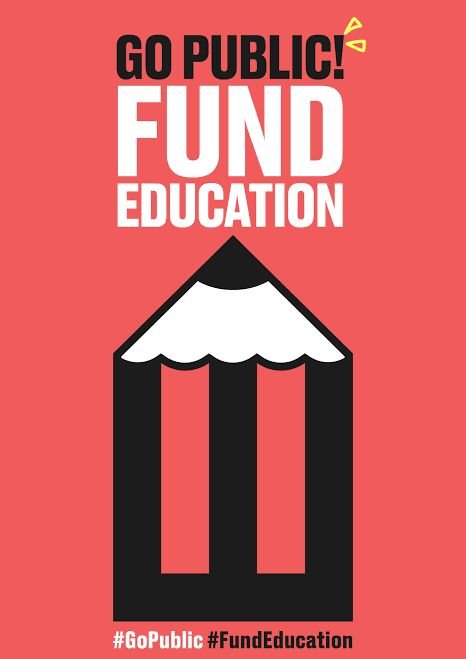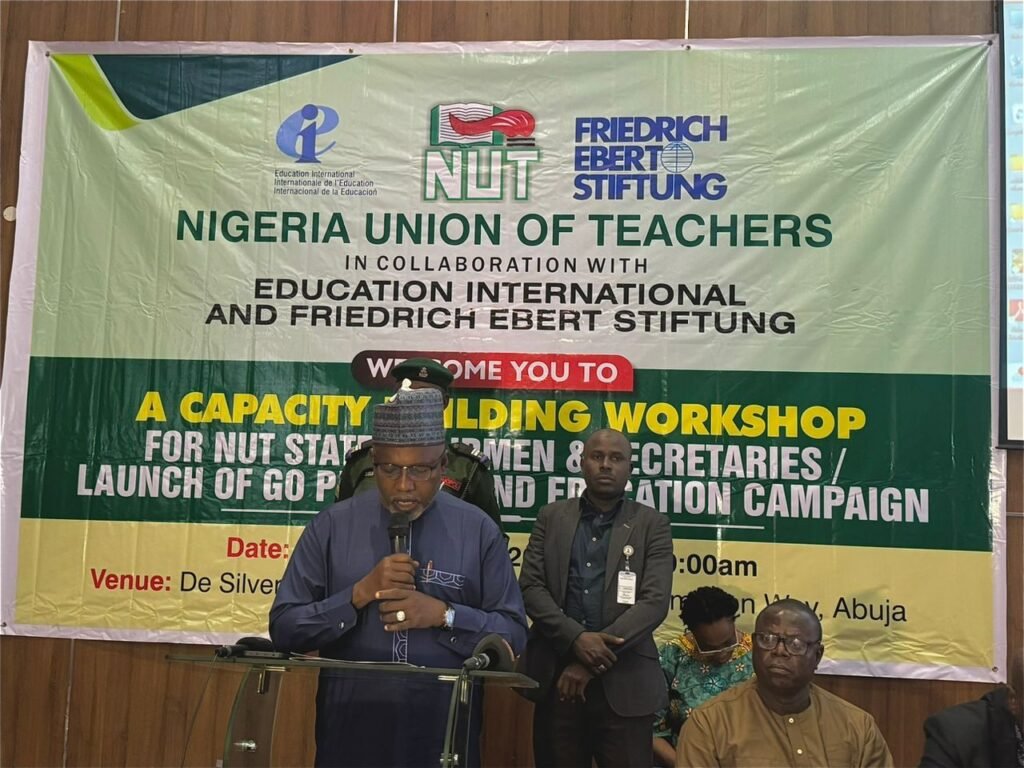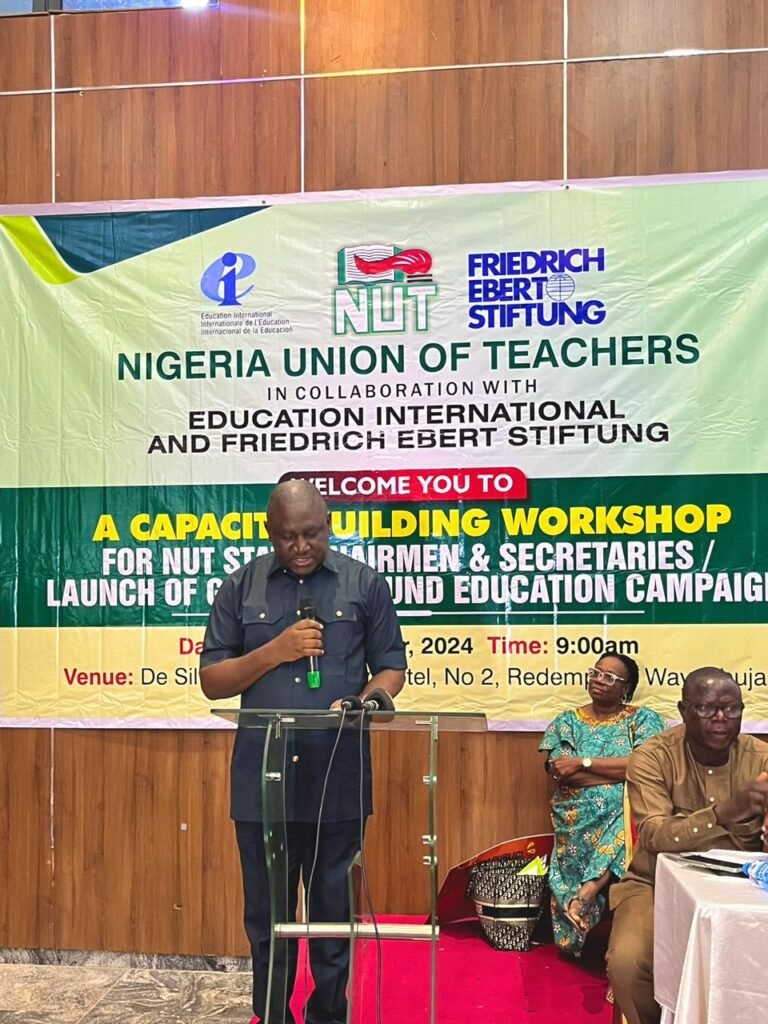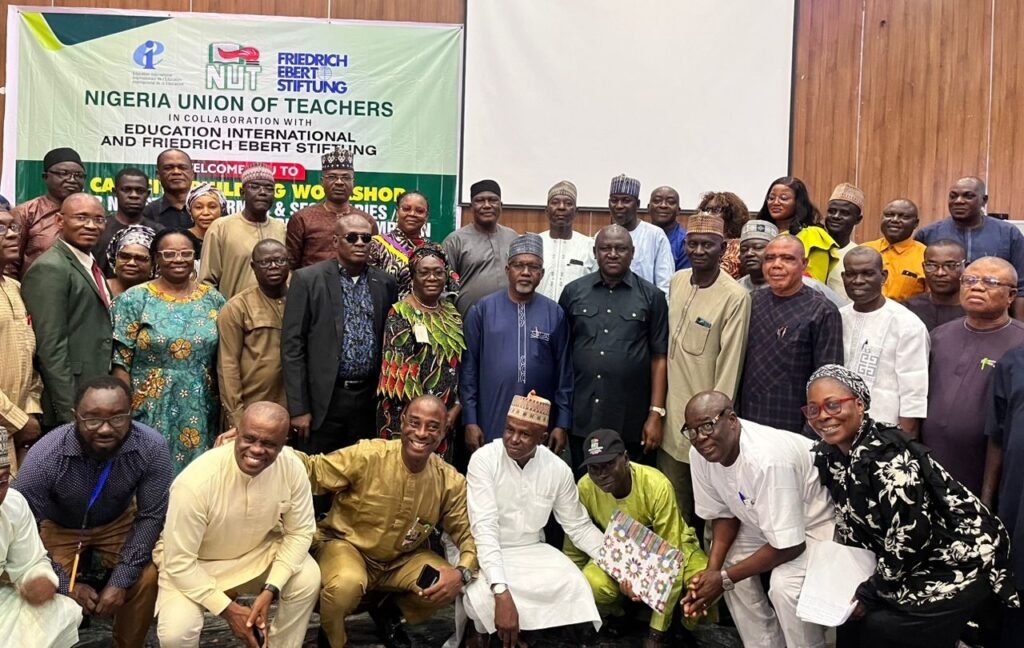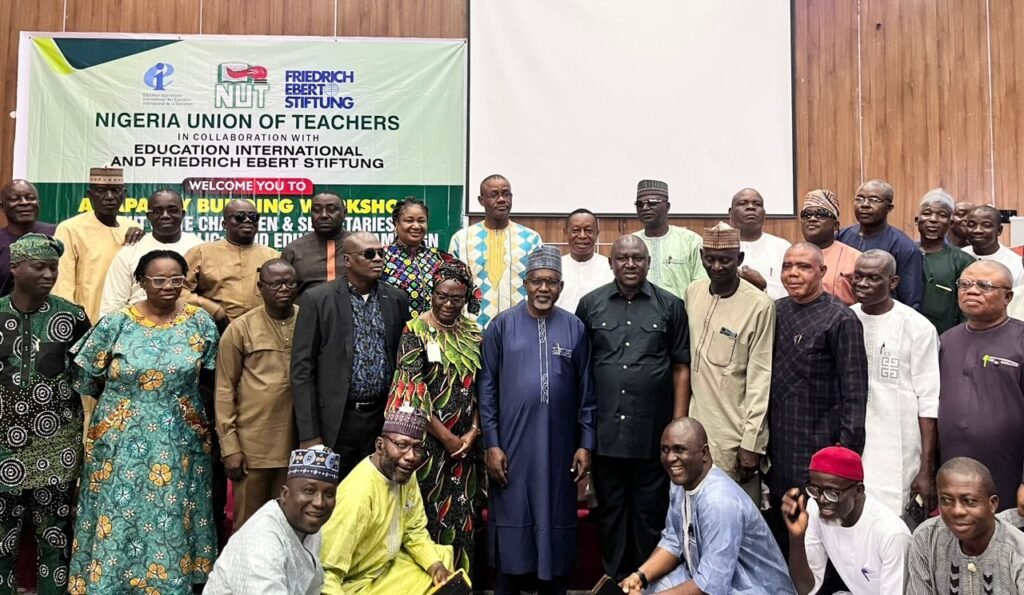This situation has left public education dysfunctional with a myriad of challenges that are antithetical to the nation’s quest for enthronement of a functional education system that would promote the attainment of national goals and development.
One major threat to the right to education is the increasing trade and investment agreements and the use of market mechanisms in the provision of education. The seeming failure of government to invest adequately in quality public education, and the reliance on private providers to fill the gaps existing in the public education system has resulted in proliferation of private schools of all kinds across the country. According to UBEC (2024), there are 91,252 basic private schools, as against 79,777 public schools in the country. The upsurge in the activities of non-state actors in education is also promoted by International Financial Institutions and Development Partners, as well as the failure of government to regulate the operations of these for-profit private providers. Unfortunately, the dependence on private providers of education has the effect of engendering decline in public investment in education, thereby weakening efforts to strengthen and expand provision of free, inclusive and equitable quality education for all in line with Sustainable Development Goal 4 (SDG 4).
The increasing participation of non-State actors with profit motive has turned education into a tradable commodity sold to learners, who are considered to be the customers, thereby denying the less-privileged, the disadvantaged and the vulnerable, especially the girl-child, children with disabilities and those living in the rural areas, access to quality education. It is a fact that privatization and commercialization of education in any guise, creates stratification and segregation which leads to huge disparities in education opportunities and social inequalities. It must be emphasized that a free quality public education for all is key to the sustainable development and future prosperity of Nigeria and her citizenry.
